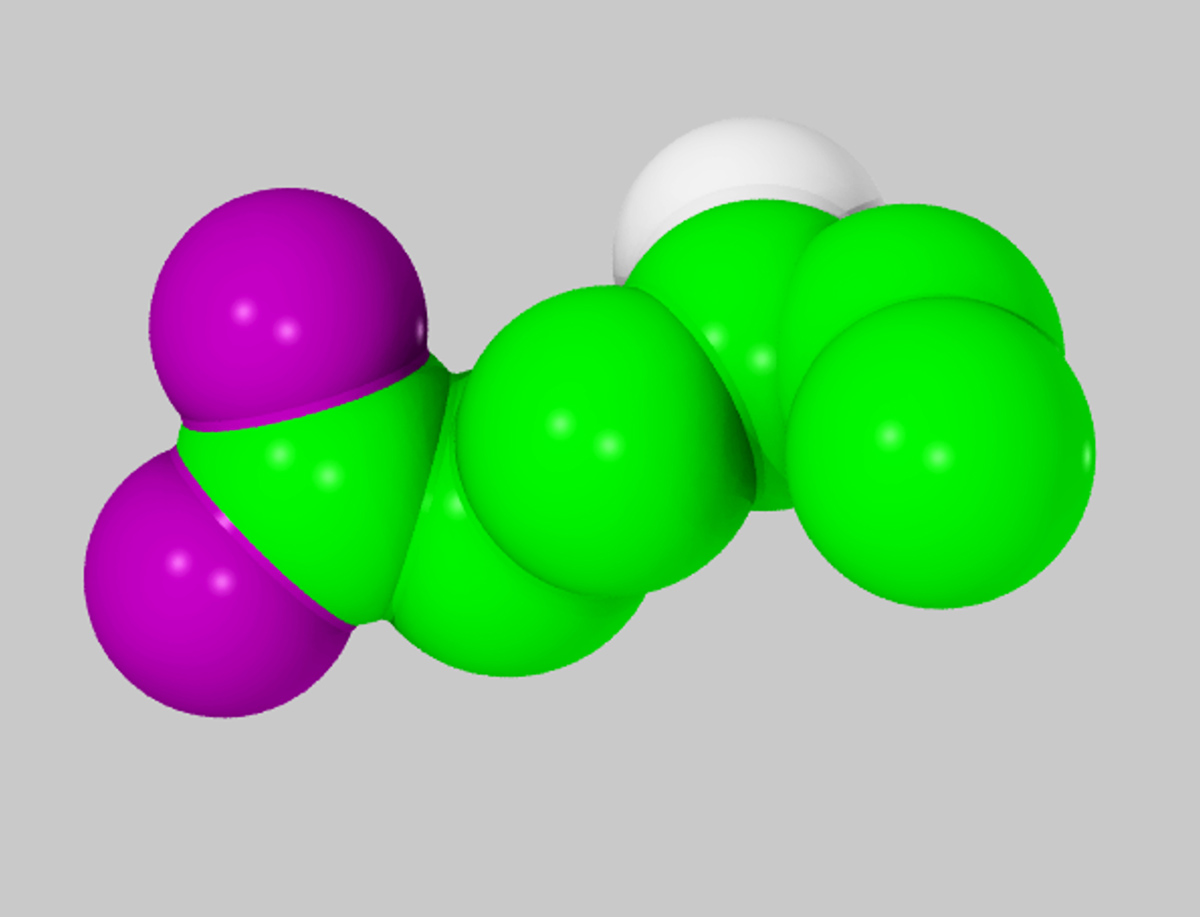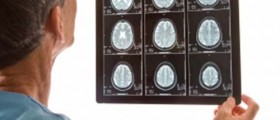
Seizures – Basic Info
Seizure is a medical term used to describe a sudden change in a behavior of a person, caused by the dysfunction of the brain. A person suffering from a seizure can experience some repetitive movement, such as smacking the lips, unusual movement of the mouth, chewing or swallowing without any reason or even picking up the clothes. Nausea, sweating, flushed face, and vision problems, including changes in vision and dilated pupils can also accompany a seizure. These patients may suffer from some abnormal discomfort and/or pain, as well as from blackout, lack of awareness of the surrounding or even some sudden halt in a conscious activity they were engaged before the seizure. Mood changes, fumbling of the hands and numbness and tingling sensations are some other possible symptoms of seizures.
Adults can experience either partial or generalized seizures. The main difference between these types of seizures is the part of the brain affected by the problem.
Partial seizures affect neurons on one side of the brain, and they can be simple or complex. Simple seizure patients usually don’t lose any awareness, but experience hallucinations, twitching or numbness of the body and in most cases sweating. Complex partial seizures are characterized by automatism and loss of awareness. Generalized seizures in adults affect complete brain. These seizures are also classified in several subtypes, including: absence (or “petit-mal”), myoclonic, atonic and tonic-clonicseizures.
How Can You Help
Seizures can happen without prior notice, and when that happens you should know what to do. Try to help the person experiencing the seizure. First of all, give him/her some space to breathe, and move people around him/her further away if possible. Place something soft under his/her head and loose the collar of the clothes. After the seizure has passed open his/her airways, and if the person needs – proceed with rescue breaths and chest compression, while waiting for the ambulance.
What Causes Seizures in Adults
Age and genetic inheritance are important causes of seizures. Elderly, especially those suffering from Parkinson’s and Alzheimer’s diseases or dementia are prone to seizures. Atherosclerosis of the arteries around the brain can be the reason for seizures a person experiences. Inherited metabolic disorders are also known to lead to seizures in adult people. Lack of magnesium and calcium, as well as hypoglycemia and hepatic encephalopathy are some of the potential causes of seizures.
Injuries of the head and the bleeding of the brain (subarachnoid hemorrhage) can provoke seizures, too.
Alcohol and heroine withdrawal symptoms may also be presented as seizures in patients trying to quit these substances. Because of that, addicts are advised to seek for medical professional, to help them stop the abuse.
Diseases, especially those related to the brain, such as epilepsy, meningitis or brain tumors, but also kidney failure are known to cause seizures.
















Your thoughts on this
Loading...